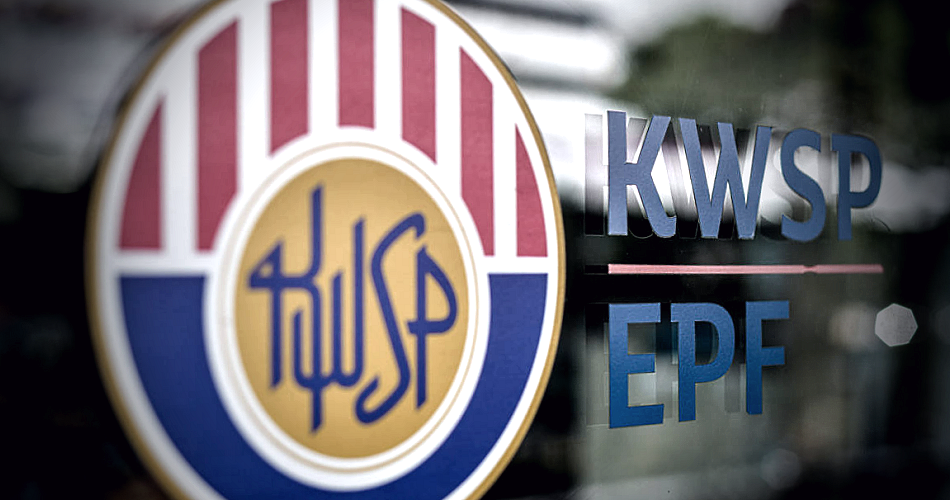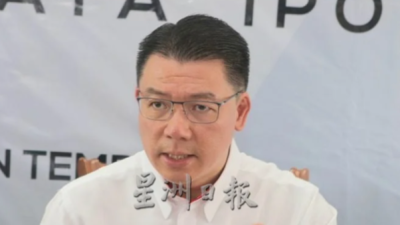Both the government and members of the public must never forget EPF’s objectives and the original purposes of EPF savings.
On Sunday, EPF declared dividend rates of 5.50% for conventional savings and 5.40% for syariah savings for 2023, both higher than the rates of 5.35% and 4.75% respectively, a year earlier.
The dividend rate for syariah savings, in particular, has seen a dramatic jump of 0.65% vis-à-vis a mere 0.15% improvement for conventional savings.
There have been polarized views from the Malaysian public. A higher rate than in 2022, which is also better than FD rates offered by commercial banks, should by right have been received warmly. But, many have voiced their frustration.
To be fair, 5.5% dividend rate is not really that glamorous if we were to compare it with what EPF declared over the past years.
Only in three of the last 13 years did EPF declare lower dividend rates, namely in 2019 (5.45%), 2021 (5.20%) and 2022 (5.35%), while 6% or higher rates were declared from 2011 through 2015, in 2017 and 2021, with a record 6.90% declared for 2017.
Against such a backdrop, it is apparent that the declaration of 5.5% dividend rate on Sunday was not an utterly uplifting piece of news for most people.
However, given the impact from external factors and an uncertain domestic economic outlook, the rate is somehow still within the acceptable range.
Prior to this, many local experts had predicted that the EPF would declare a dividend rate between 5.5% and 5.8%. They felt that while EPF’s performance was more stable than during the pandemic years, the public investment fund manager had not had truly exceptional returns on its investments.
Even though EPF recorded a total investment income of RM66.99 billion last year, a remarkable 29% jump from the RM51.91 billion registered a year earlier, the dividend rate declared was a paltry 0.15% improvement. That said, the all-time-high 2023 dividend payout of RM57.81 billion was significantly higher than RM51.14 billion for 2022.
5.5% of dividend rate is not considered low by all means, as it is still way better than inflation and FD rates.
With the global economy still in a shaky recovery phase, and no immediate hope for peace in the Israel-Hamas and Russia-Ukraine conflicts, it is downright unrealistic to expect a huge bonus from EPF.

Nevertheless, EPF members hope the statutory body will keep improving its investment strategy, optimize its investment portfolio in order to rake in better returns so that it can distribute higher dividends for its members for their old age protection.
Many Malaysians lack prudent financial planning and do not know how to plan their retirements. Their EPF savings have therefore become their only lifeline.
However, due to their meager salaries, and hence inadequate EPF savings, many find themselves in deep financial quandary post-retirement.
Statistics show that 6.3 million (48%) EPF members aged below 55 had under RM10,000 in their accounts as of September 30 last year, meaning they would only have approximately RM42 a month to spend in 20 years after retirement!
The government offered four special withdrawal schemes for members during the Covid-19 pandemic. RM145 billion was withdrawn in total, resulting in drastically reduced deposits with the EPF.
Bear in mind that EPF savings is a retirement fund for the members’ old age protection, and early withdrawal should be avoided as far as possible.
In Chinese New Year, the government distributed a one-off RM500 deposits for 1.4 million EPF members aged between 40 and 54, with savings lower than RM10,000, to help boost their savings. But, this is of very insignificant value.
Most importantly, the government must try to lift their income levels while they themselves should refrain from making early withdrawals for their own future protection.
Meanwhile, EPF has earlier announced to set up a third account that allows members to withdraw for emergency use anytime. More details will be unveiled next month.
As for this Account 3, it is hoped that the authorities implement the measure cautiously and set appropriate conditions to prevent members from abusing the facility and making excessive withdrawals.
Both the government and members of the public must never forget EPF’s objectives and the original purposes of EPF savings.
ADVERTISEMENT
ADVERTISEMENT







































